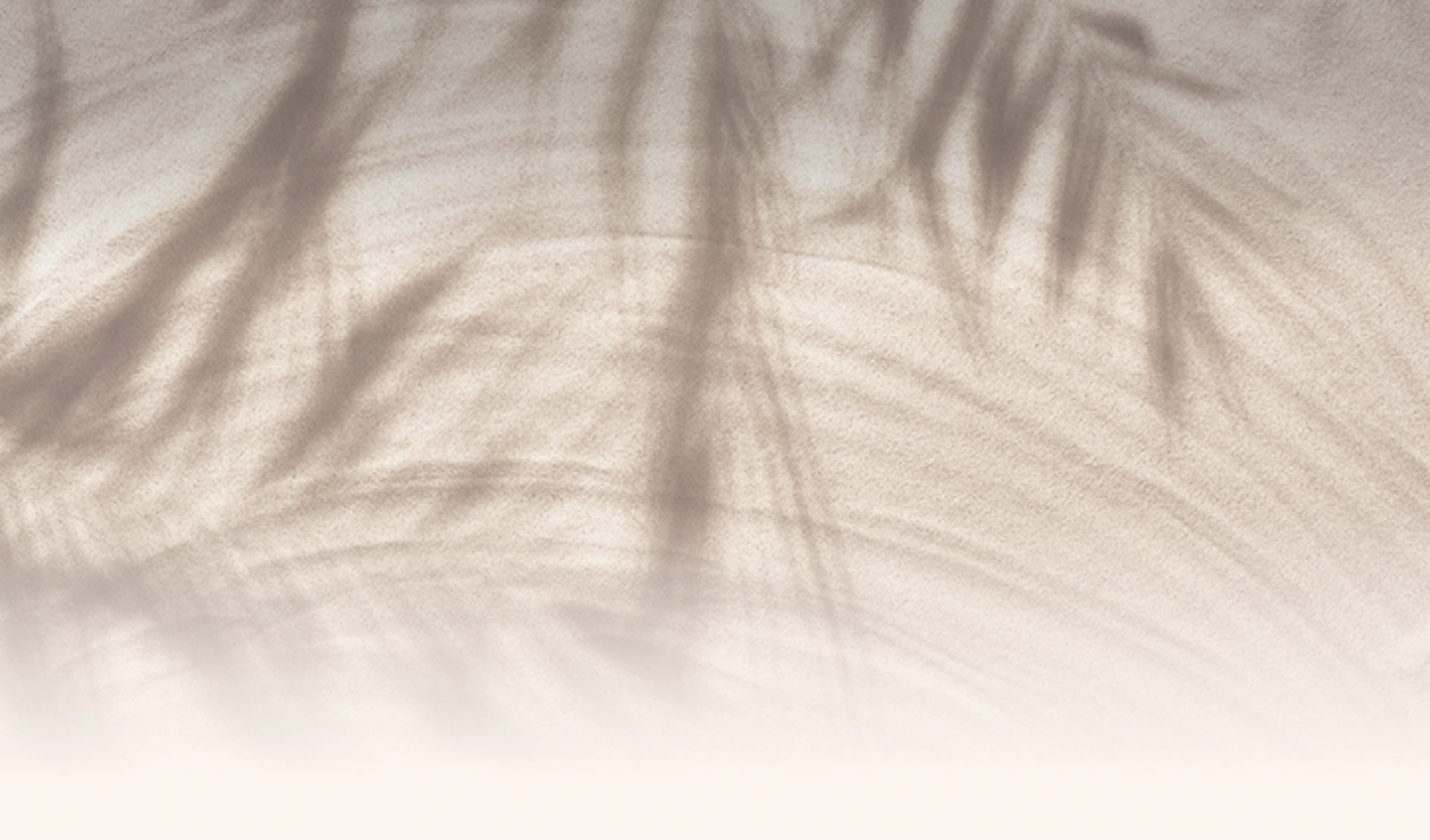Chemical peel and laser resurfacing are the most popular non-surgical skin rejuvenation cosmetic procedures. In the United States, chemical peels are the third most popular non-surgical cosmetic treatment, with 1,387,607 procedures conducted. Similarly, laser resurfacing treatment is a popular choice, with almost 600,000 treatments performed each year.
If you are looking for the more effective, safe, and affordable option between these two cosmetic treatments, this blog provides a comprehensive comparative analysis. We aim to provide you with a well-informed perspective on whether chemical peels or laser resurfacing is the better option for your skin rejuvenation journey.
What Is Laser Treatment?
A laser treatment is a medical procedure that uses focused and intense beams of light to target specific areas of the skin. These treatments can vary in terms of their procedures and intensity levels. Here’s an overview:
-
Procedure:
During a laser treatment, a medical professional directs concentrated laser light onto the skin. This can involve tissue removal or collagen stimulation for skin rejuvenation.
-
Intensity:
Laser treatments vary from mild to intense. More intense treatments may have downtime and more significant side effects, while milder ones are less invasive with quicker recovery.
Types of Laser Treatments
-
Ablative Lasers:
The procedure involves the removal of the outer layer of the skin. It is a more invasive technique that includes a downtime of up to a week but offers dramatic results after a single session.
-
Non-ablative Lasers:
The laser heats the underlying skin layer, which stimulates collagen production by the body. As it is a less invasive procedure, you may need several sessions to get the desired look.
What Is Chemical Peel?
A chemical peel is a cosmetic procedure that involves the application of a chemical solution to the skin. This solution causes controlled exfoliation, leading to the removal of damaged skin cells and promoting healthier skin growth. It can be classified into three types:
-
Superficial Chemical Peels:
These use mild acids, like alpha hydroxy or beta hydroxy acids, for a quick outpatient procedure. They are the gentlest option, causing minimal discomfort, no downtime, and temporary, mild redness and peeling.
-
Medium Chemical Peels:
Acids like trichloroacetic or glycolic acids are used to penetrate the outer and middle layers of the skin. It benefits conditions like fine wrinkles, sun spots, pigmentation, and acne scars.
-
Deep Chemical Peels:
It is used for moderate to severe skin conditions caused by hyperpigmentation, sun damage, or aging, wherein acids such as phenol or trichloroacetic acid fully penetrate the skin to remove damaged cells.
Difference Between Chemical Peel and Laser Resurfacing
While both aim to repair and rejuvenate your skin, there are specific differences between these two treatments.
-
Chemical Peel:
Chemical peels are a cost-effective choice, making them more affordable than laser resurfacing, which tends to be more expensive, especially when multiple sessions are required. These peels are associated with shorter recovery times, with milder versions requiring minimal downtime. They work effectively on various skin tones but may pose a higher risk of hyperpigmentation on darker skin. Regarding skin concerns, chemical peels are suitable for addressing fine lines, mild scarring, sun damage, and skin texture improvement.
-
Laser Resurfacing:
Conversely, laser resurfacing is often a pricier option, mainly when multiple sessions are involved. It means longer recovery times, especially with more intense treatments, which may necessitate a week or more of healing. Laser resurfacing is best suited for fair to light skin types, as darker skin carries a higher risk of pigment changes. This treatment is particularly effective for tackling severe issues such as deep wrinkles, scars, and complex skin conditions.
The Better Option: Chemical Peel or Laser Treatment
Both chemical peel and laser treatments are resurfacing procedures that focus on skin rejuvenation and revitalization. While they are equally effective treatments for the same skin issues, such as fine lines, dullness and discoloration, and uneven skin texture, they are not interchangeable.
Your dermatologist can suggest a better option between the two procedures based on your specific needs.
Factors for Choosing Laser or Chemical Peel Treatment
To make it easier for you to decide which is more suitable for your need, chemical peel or laser resurfacing, we have listed important factors that you must consider while choosing the right treatment.
- Skin Type and Sensitivity
- Skin Concerns
- Cost and Budget
- Recovery Time
- Treatment Intensity
- Safety and Potential Risks
- Number of Sessions
- Long-Term Maintenance
Risks and Side Effects in Chemical Peel or Laser Resurfacing
Both chemical peel and laser resurfacing, when performed by certified practitioners, are considered safe procedures. However, you may experience common side effects such as redness, swelling, itching, and skin pigmentation.
In rare cases, while there have been instances of infection and scarring for both procedures, heart, kidney, and lung damage has been seen among patients who underwent deep chemical peel treatment.
Discover the Finest Medspa Experience
When selecting a Medspa for laser treatments or chemical peels, it’s essential to consider several factors:
-
Practitioner Qualifications:
Ensure that the spa has licensed and experienced practitioners who specialize in the treatments you’re seeking.
-
Range of Treatments Offered:
A reputable Medspa offers different treatments to suit your needs.
-
Patient Reviews and Before-and-After Photos:
Look at what others say and see pictures of how treatments turned out. It gives you confidence in your choice.
-
Safety and Hygiene Standards:
Make sure the Medspa follows high safety and cleanliness standards to keep you safe during treatments.
Final Thoughts
When comparing laser treatment vs chemical peel, it can be safely said that both treatment options are equally effective methods of skin rejuvenation, as can be vouched for by their immense popularity across the globe. However, based on your unique needs, you may benefit from one of the two treatments more than the other.
A consultation at a medspa can be your best option as they have the expertise to offer the correct answer to the question of which is better for you.
Experience Personalized and Advanced Cosmetic Procedures at Haven Medspa
At Haven Medspa, you can be assured of personalized, medically supervised cosmetic procedures that guarantee maximum client satisfaction. We are equipped with the most advanced technology that enables Dr. Virpal Thiara and her team to provide you with the highest standards of treatment that align with your aesthetic expectations. Contact us today for more information on the wide range of quality medically approved aesthetic services we offer our patients in Yuba City and Lincoln/Rocklin, CA.


